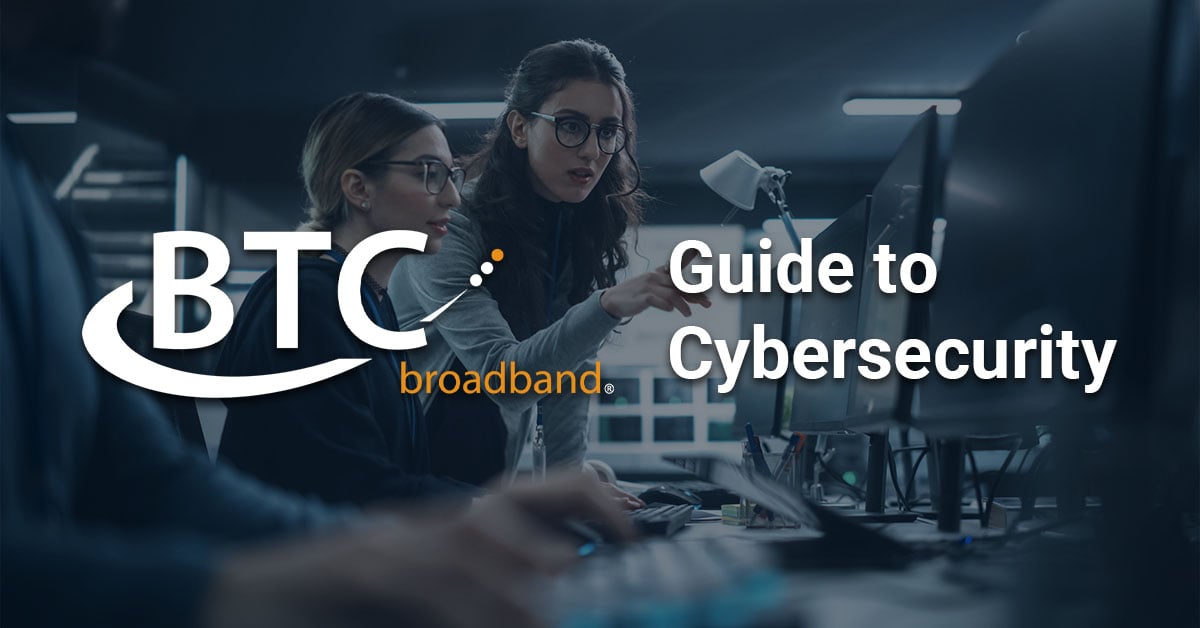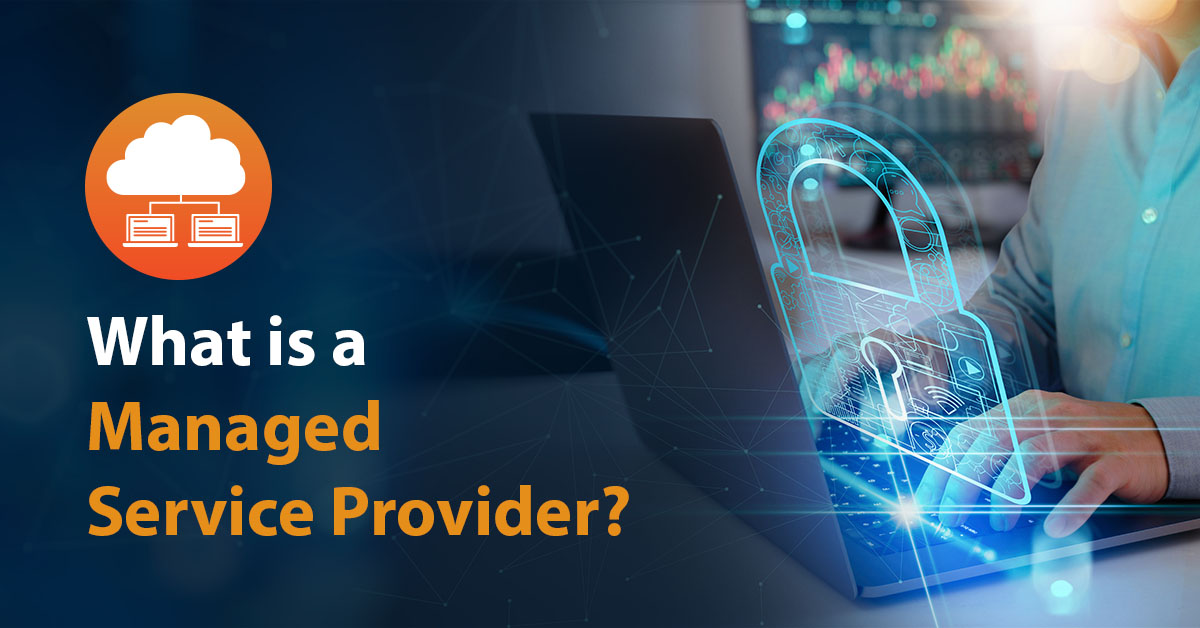Why Multi-Factor Authentication is Essential for Cybersecurity

In an era where data breaches and cyber-attacks have become regular headlines, protecting your business has never been more critical. From small businesses to large corporations, the digital threats facing organizations today can lead to costly downtime, lost data, and a damaged reputation. In this fast-evolving cyber landscape, relying on a single password to safeguard sensitive information is no longer enough.
This is where Multi-Factor Authentication (MFA) comes in—a simple yet powerful tool that adds an extra layer of security to protect your business. By requiring more than one form of identity verification, MFA ensures that only authorized users can access your systems, adding a vital defense against hackers and reducing the risk of unauthorized access.
What is Multi-Factor Authentication?
Multi-Factor Authentication (MFA) is a security measure that requires users to provide two or more forms of verification before gaining access to a system, application, or network. Unlike traditional login methods that rely solely on a password, MFA combines multiple layers of authentication to ensure that the person attempting to access sensitive information is indeed who they claim to be.
How MFA Works
MFA is built on the concept of using factors from different categories to verify identity.
Something You Know
Information only the user would know, such as a password or a PIN.
Something You Have
A physical item or digital device in the user’s possession, like a smartphone, hardware token, or one-time code generator.
Something You Are
Biometric identifiers unique to the individual, such as fingerprints, facial recognition, or voice recognition.
By combining these factors, MFA creates a layered defense that makes it significantly more difficult for attackers to compromise an account. For instance, even if a password is stolen through phishing or hacking, the attacker would still need access to the second or third authentication factor to breach the account.
Benefits of MFA for Business Security
Enhanced Security Against Cyber Threats
Passwords alone are no longer enough to keep cybercriminals at bay. Weak, reused, or stolen passwords remain a primary method for hackers to gain unauthorized access to business systems.
Multi-Factor Authentication (MFA) mitigates this risk by requiring multiple forms of verification, making it exponentially harder for attackers to penetrate your defenses.
Even if one layer of security, such as a password, is compromised, the additional authentication factors act as fail-safes.
Safeguarding Sensitive Data
For businesses, protecting sensitive customer information, intellectual property, and operational data is crucial. A data breach can lead to severe financial and reputational consequences.
MFA ensures that only authorized personnel can access critical systems, adding an extra barrier that prevents unauthorized access and minimizes the risk of data leaks.
Reducing the Impact of Phishing and Social Engineering
Phishing attacks and social engineering tactics aim to deceive users into revealing their credentials. MFA neutralizes these threats by making stolen passwords insufficient for gaining access.
For example, even if a phishing email tricks an employee into sharing their login details, an attacker would still need access to the second authentication factor, such as a security token or a smartphone.
Increasing Customer and Partner Trust
In today’s digital landscape, businesses are judged not only by the quality of their products and services but also by their commitment to security. Implementing MFA demonstrates a proactive approach to safeguarding data and protecting against cyber threats.
This commitment can boost customer confidence, strengthen partnerships, and enhance your reputation as a trustworthy organization.
Compliance with Industry Standards and Regulations
Many industries, such as healthcare, finance, and government sectors, require adherence to strict data protection regulations like HIPAA, PCI DSS, or GDPR.
MFA is often a compliance requirement or a recommended best practice, helping businesses meet these standards while reducing the risk of fines or legal consequences.
Minimizing Operational Downtime
A security breach can disrupt operations, leading to downtime, lost productivity, and revenue loss.
By preventing unauthorized access and potential breaches, MFA keeps systems running smoothly — ensuring that employees can focus on their work without worrying about cyber threats.

BTC Tech Protect®: Secure, Reliable, and Ready to Support Your Business
Multi-Factor Authentication is a crucial tool in today’s cybersecurity landscape, but implementing it effectively requires expertise, ongoing management, and a commitment to security.
BTC Tech Protect® offers a fully managed IT solution that brings your business the end-to-end support needed to thrive in a digital world.
24-Hour Monitoring
Continuous surveillance of your systems to promptly identify and respond to threats, ensuring your operations remain secure around the clock.
Advanced Security
State-of-the-art protection mechanisms are tailored to guard against the latest cyber threats, keeping your digital assets safe.
System Administration
Professional management of your IT systems, ensuring they are always updated, secure, and aligned with your business needs.
Ready to protect your business with robust, expert-managed security?
Discover how BTC Tech Protect® can bring peace of mind and reliable IT support to your organization. Book a meeting with our team today to discuss your unique needs and learn more about how our solutions, including MFA, can keep your business secure and resilient.
Your security is our priority.
Let's protect it together.
(918) 366-8000



